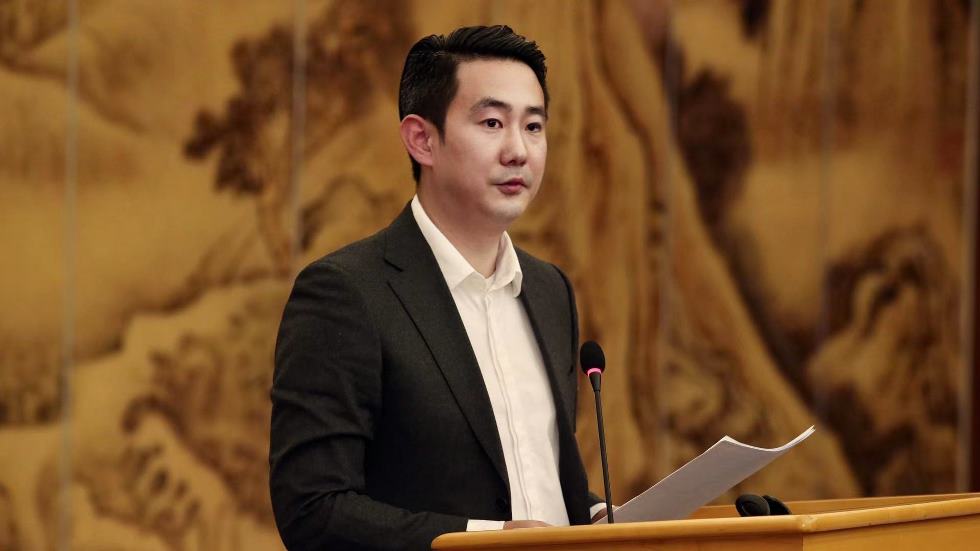Recently, Chinese president Xi Jinping is paying an inspection tour in Fujian Province, southern China. During his inspection, he came to an ecological tea garden and the Wuyishan National Park to learn about the construction of ecological civilization and the development of tea industry. As Chinese know, Fujian Province is a big tea producing province in China, and it is rich in many kinds of famous tea both at home and abroad. The small pieces of tea not only get the local people rich from poverty, even are the magic tools of rural vitalization there.
When it comes to tea, I have to say with pride that this wonderful plant originates in China. In other words, China is the hometown of tea, which has a history of thousands of years. Fujian Province, especially Wuyishan area, has a long history of tea culture, excellent ecological environment, suitable climate, and the support of science and technology, which has formed a vibrant tea industry. It is understood that the tea mountain area of Wuyishan City is nearly 100 square km, with more than 120000 tea related people and annual output value of more than 2.1 billion yuan. Small tea leaves have produced great beneficial results and I think there are at least two keywords in it.
One is the ecological environment. Wuyishan Mountain is the world’s cultural and natural heritage, and is known as one of the regions with the best natural ecology and biodiversity at the same latitude of the earth. Most Chinese people know that Wuyishan Mountain is not only a tea-producing area, but also a beautiful tourist attraction. It is understood that Wuyishan Mountain has recorded a total of 2,799 species of high level plants, 239 species of algae, and 100 species of lichens, as well as 558 species of wild vertebrates and 6,849 species of insects. The good ecological environment attracts a large number of domestic and foreign tourists to experience every year, and also enables the people in the area to continuously improve the quality of life, becoming the fulcrum of sustainable economic and social development. It is not difficult to imagine what a refreshing drink the tea is which produced in such a place with clear waters and green mountains, swimming fishes in rivers and fragrances of different flowers. As the saying goes, relying on mountains to eat from mountains, the local government and the people understand that protecting the clear waters and green mountains here is to win the “gold bowl.”
The second is sci-tech support. The local government in Fujian’s tea-producing areas has implemented a system called scientific and technological commissioners. In short, a large number of scientific and technological experts are organized to carry out services at the grass-root units every year, focusing on making up for farmers’ technical shortcomings, helping rural areas expand their industrial scale, and opening up market sales, better integrate ecological protection and industrial development, and finally establish a virtuous circle of mutual promotion. This work is a innovation mechanism initiated by President Xi Jinping when he was working in Fujian. It has made great contributions to the development of local industries and the revitalization of rural areas for nearly 20 years.
As far as I know, Afghans love tea as much as the Chinese, but most of the tea in Afghanistan is not imported from China. I have also accompanied many Afghan delegations to visit China and during those visits we tasted Chinese tea and watched Chinese tea art. They are all amazed at the deliciousness of Chinese tea and the long and profound Chinese tea culture. Every time before departure from China, they would buy a few packs of tea to share with their families and friends. I am very optimistic that with the broader and deeper advancement of the “Belt and Road” jointly built by the two countries, more and more specialty products will appear in the markets of both countries, which will further enrich the choices of consumers. At that time, we will be together on the side of Kabul River or at the foot of the Great Wall, brewing tea from Wuyishan Mountain with pure snow water from the Hindukush Mountain, and sitting on the wool carpet made in Afghanistan to talk about the stories of rural vitalization and the friendship between China and Afghanistan!













